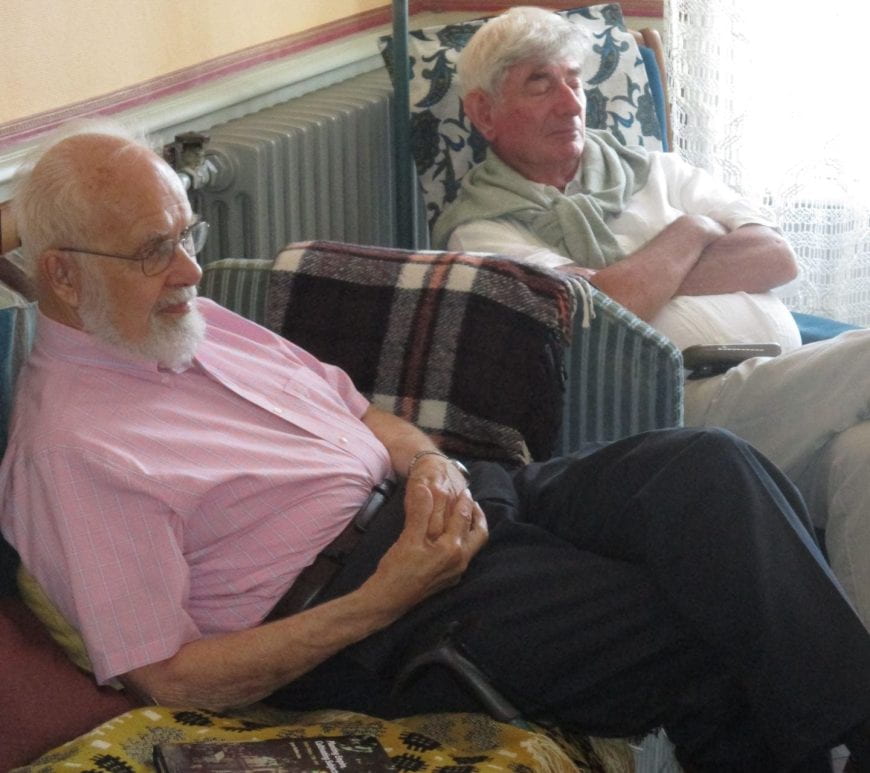
Interview with Tom Arne Midtrød, Author of the Summer 2023, Free Access EAS Article
Why did you choose to research your topic? What interested you about the topic? I came to this research topic while teaching an upper-level undergraduate course on war and violence in early North America. In the class, we spent some time reading a series of articles on the question of whether—or to what extent—Native Americans were subjected to genocide (or a series of genocides) during the period of European and…









